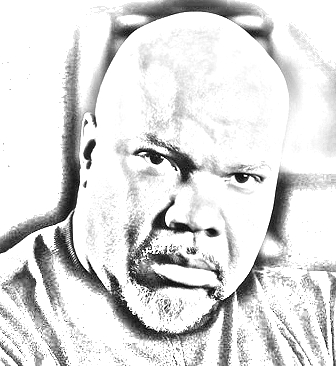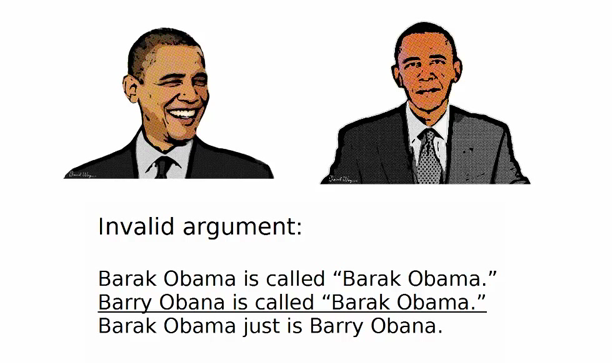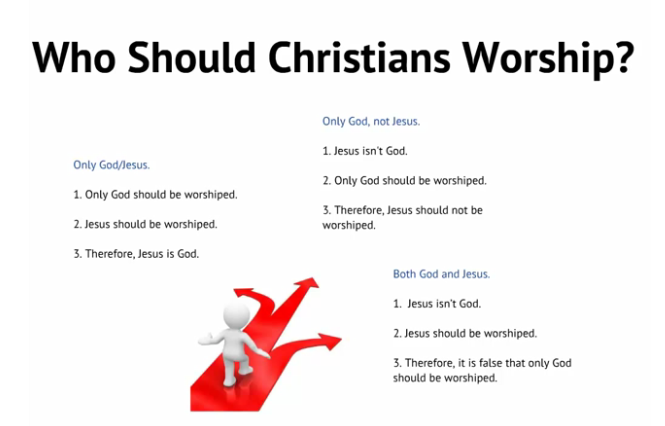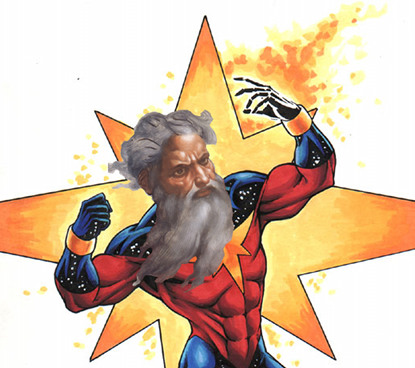 “You’re another” – that’s what tu quoque means – it’s the name of an informal fallacy, often called a fallacy of relevance. For example, if I argue that your theory is self-contradictory, suppose you retort that my theory is too. Well, so…? It’s irrelevant to the point that the first theory mentioned is self-contradictory (so, self-refuting).
“You’re another” – that’s what tu quoque means – it’s the name of an informal fallacy, often called a fallacy of relevance. For example, if I argue that your theory is self-contradictory, suppose you retort that my theory is too. Well, so…? It’s irrelevant to the point that the first theory mentioned is self-contradictory (so, self-refuting).
Cornell grad student Chad McIntosh argues that if the social trinitarian God – or rather: the three divine persons posited by clear “social” Trinity theories – would be deceivers, then so would the perfect self in whom I believe, being a unitarian Christian. So granting that an ST is implausible, for similar reasons unitarian Christian theology is implausible (because it has a perfect being doing what appears a wrongful deception).
Is this a defense of ST?
I’ve already argued in that paper than a Swinburne-type ST implies what looks like wrongful deception by at least one of the three divine persons. This hasn’t been disputed.
I don’t grant that if God is a single self, then Read More »You’re another!











 Sean Finnegan is an intelligent and well spoken “Biblical Unitarian” Christian. He recently earned an M.A. in Church History from Boston University. He runs the
Sean Finnegan is an intelligent and well spoken “Biblical Unitarian” Christian. He recently earned an M.A. in Church History from Boston University. He runs the 
 Princeton philosopher
Princeton philosopher 

 I woke up this morning, and realized that there is a problem with how I’ve been defining the concept of a unitarian. In this post, I will attempt a definition of the concept of a trinitarian, after reviewing what is required of a good definition.
I woke up this morning, and realized that there is a problem with how I’ve been defining the concept of a unitarian. In this post, I will attempt a definition of the concept of a trinitarian, after reviewing what is required of a good definition. 


